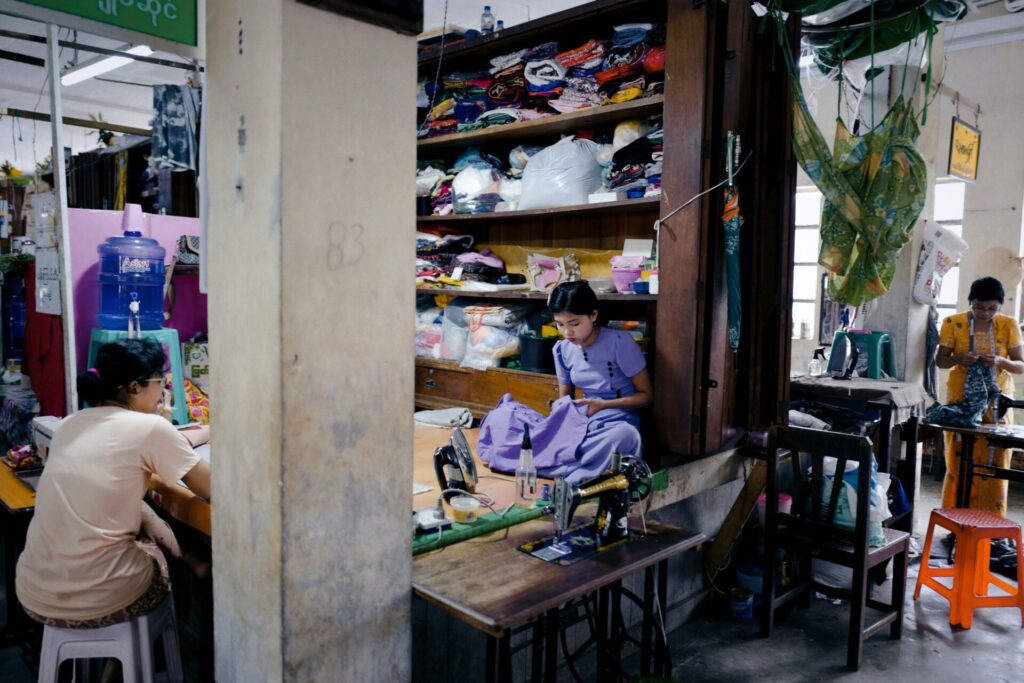Empowering women workers and gender equality across fashion’s supply chain

Empowering women workers and gender equality across fashion’s supply chain

On a mission to empower women workers and embed gender equity across fashion’s supply chain, Empower@Work brings together the world’s four largest women’s empowerment workplace initiatives; BSR’s HERproject, CARE International, Gap Inc.’s P.A.C.E. Program and ILO-IFC Better Work. Collectively these programmes have reached over 5 million workers across over 20 countries with women’s empowerment and gender equality workplace trainings. Today, it is estimated that over 40 million women work in fashion supply chains. Empower@Work activities focus on three interlocking pillars of work:
Capacity Strengthening: Integrating women’s empowerment and gender equality programming in the workplace
Market Transformation: Identifying ways for buyer and supplier strategies to embed and reward women’s empowerment activities and incentivise action toward gender equality.
Influencing: Leveraging a collective voice to drive towards industry and public policy that promote gender equality in global supply chains.
Encouraging best practices in workplace training and prompting policy-level change
In 2019 Empower@Work Founding Partners and the International Center for Research on Women joined forces to develop the Worker Training Toolkit for Women’s Empowerment. The open-source toolkit serves the industry with best practice training curricula and practitioners’ guides for implementing worker trainings. Empower@Work is currently finalising setting up an entity that will bring all activities under one platform for industry wide action on women’s empowerment and gender equality across supply chains. Building on proven methods, long-standing networks, and the ability to operate at scale, Empower@Work aims to improve the lives of 20 million workers over the next decade.
In order to successfully implement effective waste stream structures across their supply chain, and ensure circular value is captured in manufacturing countries, BESTSELLER joined GFA’s Circular Fashion Partnership in Bangladesh.